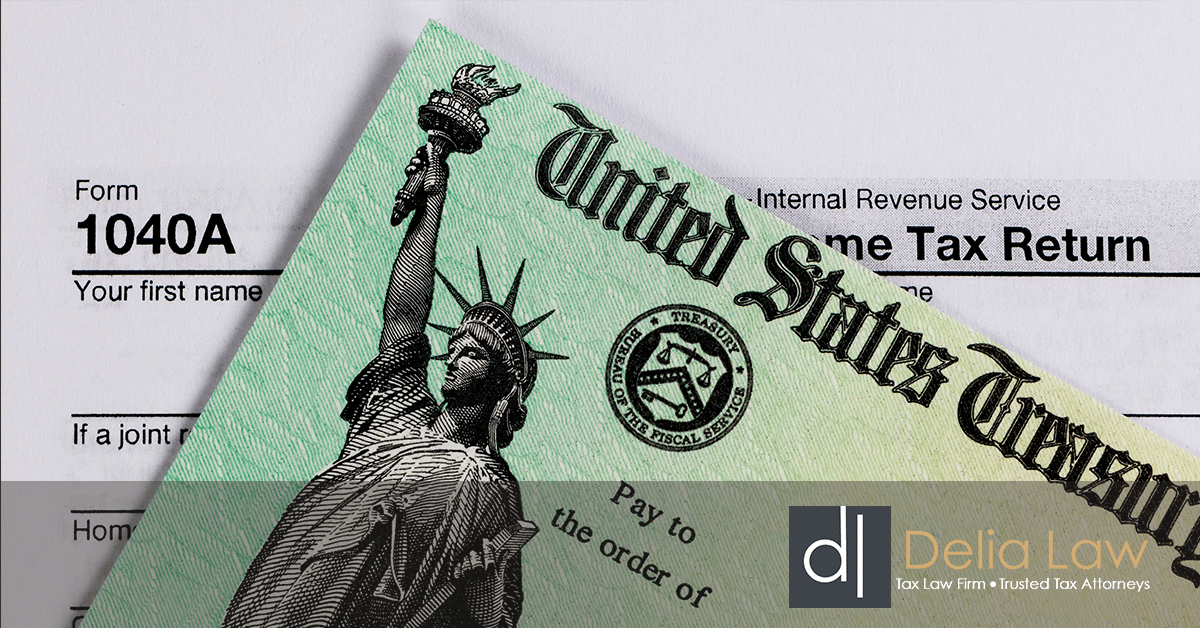The loss of a spouse is a difficult experience that could be further worsened by the discovery of unresolved tax issues. The IRS has provisions that may provide some relief to the surviving spouse in such situations. However, you may wonder if it is possible to qualify for Innocent Spouse Relief if your spouse has passed away.
Understanding Joint and Several Liability
Couples are jointly accountable for the taxes they owe when they submit a joint tax return. Joint and several liability is the term used to describe the situation in which both spouses are individually accountable for the entire tax debt. Consequently, you may still be held accountable for any outstanding taxes from the return that you filed jointly if your spouse passes away.
Generally, tax returns are filed by the executor of the deceased spouse’s estate. The IRS will initially try to collect any outstanding taxes from the estate. After that the surviving spouse will be held liable for the remaining tax liability if the estate is unable to cover the entire tax debt.
What Is Innocent Spouse Relief?
Innocent Spouse Relief is a provision of the IRS that qualifies an “innocent” spouse to be exempt from paying taxes, interest, and penalties if their spouse made errors or omissions on a joint tax return without their knowledge. It is required that you demonstrate that the tax understatement was the result of erroneous items by your spouse, that you were unaware of the understatement, and that it is unfair for you to be accountable for the tax debt to qualify for this relief.
Eligibility for Innocent Spouse Relief Following the Death of Your Spouse
The death of a spouse does not inherently render you ineligible to pursue Innocent Spouse Relief. Under these circumstances, you may continue to submit an application for this type of relief. The IRS will evaluate the same factors as if your spouse were alive, with an emphasis on whether you were aware of or should have been aware of the tax understatement and whether it would be unjust to hold you accountable.
Key Criteria for Relief for Innocent Spouses
In order to submit a successful Innocent Spouse Relief Request with the IRS, you must meet the following criteria:
- Tax Return Must be Filed Jointly: You must have filed a return that you filed jointly with your deceased spouse.
- Understated Tax: Your spouse’s erroneous items must have resulted in an understatement of tax.
- Lack of Knowledge: It is necessary to demonstrate that you were unaware of the understatement and had no reason to be aware of it at the time of signing the return that you filed jointly.
- Unfairness: In light of all the circumstances, it must be deemed unjust to hold you accountable for the tax debt.
To request Innocent Spouse Relief, you must submit IRS Form 8857, Request for Innocent Spouse Relief. This form enables you to submit evidence and specifics that substantiate your claim.
Separation of Liability Relief
Separation of Liability Relief is an alternative to Innocent Spouse Relief. If you are widowed and were oblivious to the tax understatement when you signed the tax return you filed jointly, this relief is available. This provision enables the dissociation of your tax liability from that of your deceased spouse. Some key points regarding Separation of Liability Relief include:
- Marital Status: You must be widowed
- Lack of Knowledge: In a manner similar to Innocent Spouse Relief, it is necessary to demonstrate that the tax understatement was unknown to you
- Filing Status: This relief is available if you submitted a tax return that you filed jointly.
The Separation of Liability Relief procedure is slightly different from Innocent Spouse Relief; however, it is also processed using IRS Form 8857.
Practical Actions to Implement
If your deceased spouse has left behind tax debts, the following are some practical measures to take:
- Examine Tax Returns: Conduct a thorough examination of previous joint tax returns to determine the extent of any tax understatements or errors.
- Collect Evidence: Gather any documentation that can substantiate your assertion that you were unaware of the tax understatement. This may be financial statements, correspondence, and other relevant documents.
- Seek the Advice of a Tax Attorney: The process of navigating IRS forms and requirements can be complex. It is recommended that you consult with a tax professional or tax attorney who works in tax law to ensure that your application for relief is accurate and complete according to the tax laws.
- Submit Form 8857: To request Separation of Liability Relief or Innocent Spouse Relief, submit IRS Form 8857 with all necessary supporting evidence.
Additional Factors to Consider
Although Separation of Liability Relief and Innocent Spouse Relief offer potential solutions for reducing tax liability, there are additional variables to evaluate:
- Estate Proceedings: If your spouse’s estate is undergoing probate, it is crucial that the executor is informed of any outstanding tax issues and collaborates with the IRS to resolve them.
- Time Limits: There are specific time limits for petitioning for Innocent Spouse Relief. In general, you are required to submit an application within two years of the IRS’s initial attempt to collect the tax.
- Influence on Inheritance: It is important to be aware that the IRS may attempt to collect unpaid taxes from the inheritance left by your deceased spouse.
Delia Law Can Help
The loss of a spouse is a challenging and emotional experience, and the tension of managing tax liabilities can worsen it. Nevertheless, the IRS offers options such as Separation of Liability Relief and Innocent Spouse Relief to alleviate some of the burdens. It is imperative to act promptly if you believe you are eligible for these relief options.
If you want to pursue Innocent Spouse Relief, it is vital that you do not attempt to navigate this complex process on your own. To get guidance and support, please contact Delia Law today. We are here to assist you in achieving financial security and well-being. Please contact us immediately to set up your consultation.





